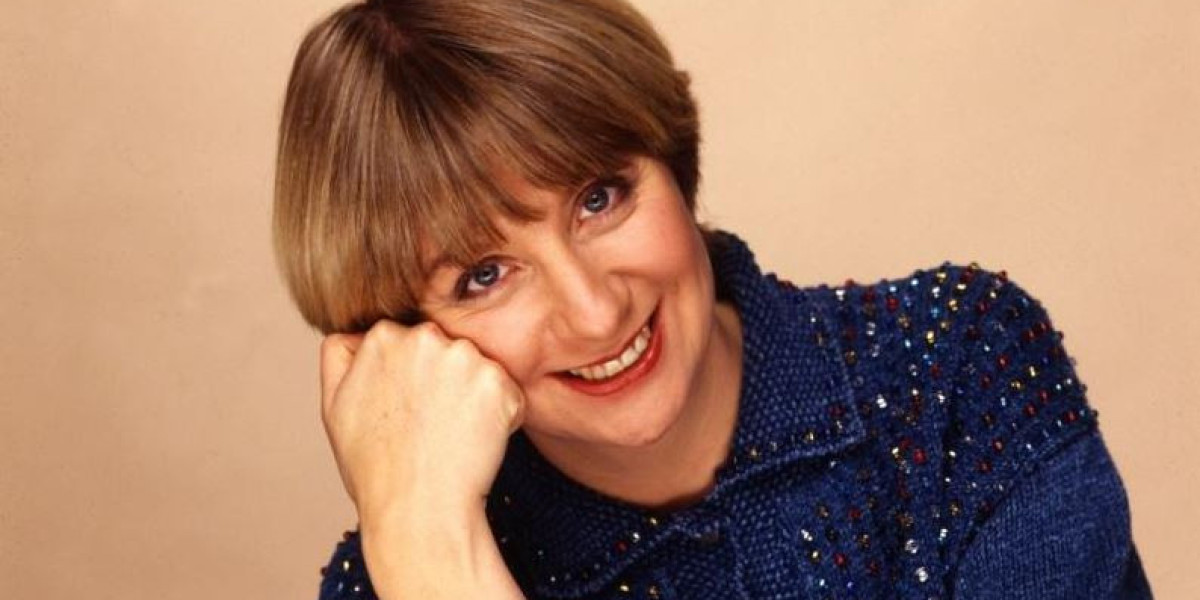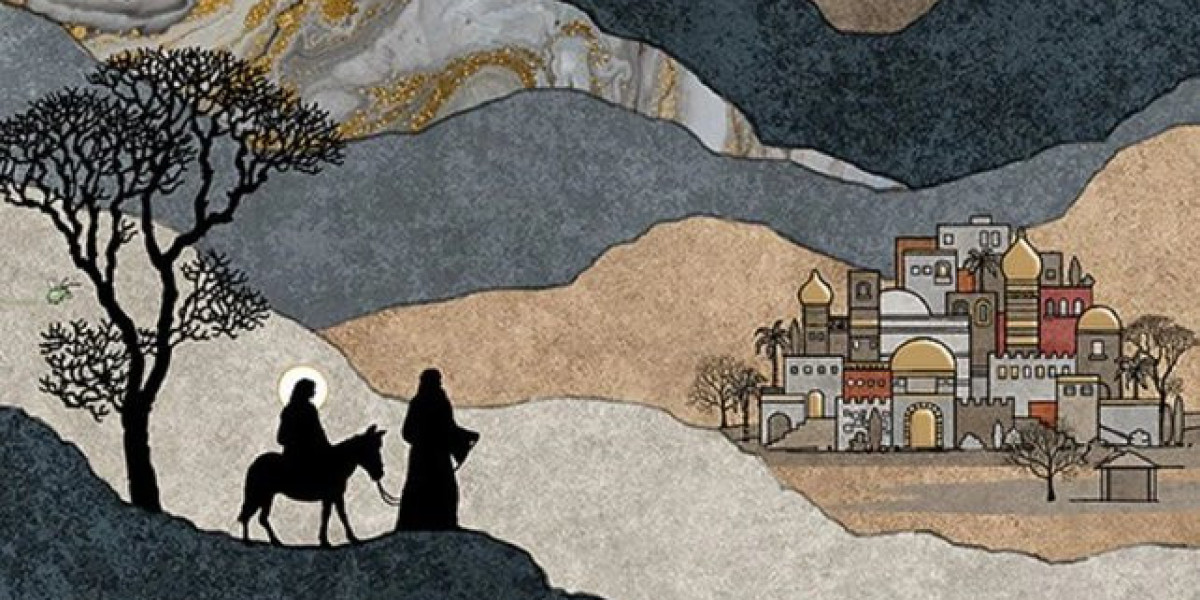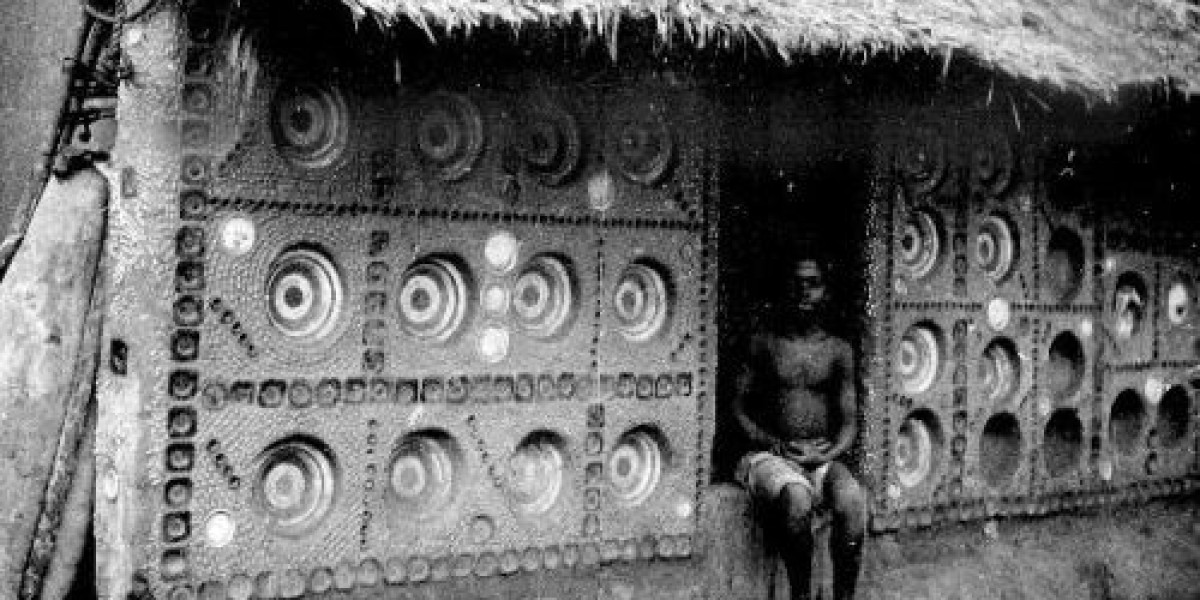Victoria Wood was one of the most versatile and beloved comedians in British history. She had a remarkable talent for writing and performing sketches, songs, sitcoms, plays, and films that captured the essence of everyday life with wit, warmth, and originality. She was also a trailblazer for women in comedy, paving the way for many female comedians who followed her footsteps. In this blog post, I will explore her life and career, and celebrate some of her best works.
Early Life and Career
Victoria Wood was born on 19 May 1953 in Prestwich, Lancashire, the youngest of four siblings. Her father, Stanley Wood, was an insurance salesman who also wrote songs and scripts for his company’s parties and shows. Her mother, Helen Wood, was a housewife who suffered from depression and anxiety.
Wood had a lonely and unhappy childhood, feeling out of place at school and at home. She developed eating disorders and low self-esteem, and found solace in music and comedy. She taught herself to play the piano and started writing songs and jokes.
She attended Bury Grammar School for Girls, where she showed her talent for drama and comedy. She joined the Rochdale Youth Theatre Workshop, where she felt more accepted and confident. She then studied drama at Birmingham University, where she met her future husband, Geoffrey Durham, a magician.
She also started performing as a stand-up comedian in local clubs and pubs, and entered a talent show called New Faces in 1974, which she won. This gave her the opportunity to appear on television and radio, and to write for other comedians.
Breakthrough and Success
Wood’s breakthrough came in 1980, when she wrote and starred in a pilot episode of a sketch show called Wood and Walters, with her friend and collaborator, Julie Walters. The show was well-received and led to a series in 1982, which showcased Wood’s range of characters and situations, from a bored waitress to a soap opera parody.
Wood and Walters also appeared in a sitcom called Acorn Antiques, which spoofed the low-budget and melodramatic style of British daytime dramas. Wood played the role of Miss Babs, the owner of an antique shop, while Walters played her sister, Mrs Overall, a clumsy and eccentric cleaner.
Wood’s popularity and acclaim grew throughout the 1980s, as she wrote and starred in more sketch shows, such as Victoria Wood: As Seen on TV (1985-87) and An Audience with Victoria Wood (1988).
She also wrote and performed songs that blended humour and emotion, such as The Ballad of Barry and Freda, Let’s Do It, and The Song That Goes Like This. She won several awards, including two BAFTA TV Awards, for her work. She also became one of Britain’s most popular stand-up comedians, selling out venues and releasing successful albums and videos.
Later Years and Legacy
In the 1990s, Wood diversified her career and explored different genres and formats. She wrote and co-starred in a television film called Pat and Margaret (1994), which was a comedy-drama about two estranged sisters who reunite after years of separation.
She also created and produced a sitcom called Dinnerladies (1998-2000), which was set in a factory canteen and featured a cast of female characters, played by Wood, Walters, Celia Imrie, Anne Reid, and others. Wood also wrote and starred in several stage plays and musicals, such as Talent (1978), Good Fun (1980), and Acorn Antiques: The Musical (2005).
Wood continued to work in the 2000s and 2010s, writing and appearing in various television shows and films, such as Victoria Wood with All the Trimmings (2000), Victoria Wood’s Midlife Christmas (2009), and That Day We Sang (2014). She also wrote a novel called Staying Alive (2012), and made documentaries about tea, ballet, and cruise ships.
She was honoured with many awards and recognitions, such as a CBE in 2008, a BAFTA Fellowship in 2005, and a British Comedy Award for Outstanding Achievement in 2011. She was also voted as one of the 50 Greatest TV Stars by the British public in 2006.
Wood died on 20 April 2016, aged 62, after a short battle with cancer. She left behind a legacy of laughter and inspiration, and a body of work that is timeless and universal. She touched the hearts and minds of millions of people with her humour, honesty, and humanity. She was a comedy legend, a national treasure, and a brilliant woman. She will be dearly missed, but never forgotten.
Did She Have Any Children?
Yes, Victoria Wood had two children: a son, Henry Durham, and a daughter, Grace Durham. Henry is a musician and Grace is a mezzo-soprano member of the Glyndebourne Opera chorus. They were both with their mother when she died of cancer in 2016.
Has Victoria Wood Won Any Awards?
Yes, Victoria Wood has won many awards for her comedy and acting, such as:
Four BAFTA TV Awards for Best Entertainment Programme, Best Single Drama, and Best Leading Actress
Two British Comedy Awards for Best Live Stand Up and Outstanding Achievement
A Laurence Olivier Award for Best Entertainment for her stage show Victoria Wood Up West
A CBE in 2008 for her services to entertainment
She was also voted as one of the 50 Greatest TV Stars by the British public in 2006. She was a comedy legend and a national treasure.
Victoria Wood Shows?
Victoria Wood was a prolific and versatile comedian who wrote and starred in many shows, such as:
Wood and Walters (1982): A sketch show with Julie Walters that featured characters like a bored waitress and a soap opera parody.
Victoria Wood: As Seen on TV (1985-87): A BAFTA-winning sketch show that included songs, monologues, and the sitcom Acorn Antiques.
An Audience with Victoria Wood (1988): A stand-up comedy show that showcased Wood’s musical and observational humour.
Pat and Margaret (1994): A comedy-drama film about two estranged sisters who reunite after years of separation.
Dinnerladies (1998-2000): A sitcom about a group of canteen workers in Manchester, which Wood wrote, directed, co-produced, and starred in.
Housewife, 49 (2006): A television film based on the diaries of Nella Last, a housewife during World War II, for which Wood won a BAFTA for Best Leading Actress.
That Day We Sang (2014): A musical film about a reunion of a children’s choir that performed in 1929.
What Was Victoria Wood's Most Successful Show?
Victoria Wood’s most successful show was Dinnerladies, a sitcom about a group of canteen workers in Manchester. It ran for two series from 1998 to 2000, and attracted over 15 million viewers for its series finale on Millennium Eve in 1999.
Wood wrote, directed, co-produced, and starred in the show, along with Julie Walters, Celia Imrie, Anne Reid, and others. The show was praised for its humour, realism, and compassion, and won several awards, including a British Comedy Award and a National Television Awards.
What Was Victoria Wood's Most Famous Sketch?
Victoria Wood’s most famous sketch is probably The Ballad of Barry and Freda (Let’s Do It), a hilarious song about a frustrated wife who tries to persuade her reluctant husband to have sex with her. The song was first performed in 1986 on Victoria Wood: As Seen on TV, and became a classic of British comedy. It features lines such as:
Let’s do it, let’s do it, I really want to run amok Let’s wiggle, let’s jiggle, let’s really make the rafters rock Be mighty, be flighty, come and melt the buttons on me flame-proof nighty Let’s do it, let’s do it tonight.
The song was also performed by Wood and Julie Walters at the Royal Albert Hall in 1993, and by Wood and Joanna Lumley at the Royal Variety Performance in 2001. It was voted as the best comedy song of all time by Radio Times readers in 2014.
Victoria Wood Net Worth
Victoria Wood was an English actress, comedian, singer-songwriter, director, and screenwriter who had a net worth of $12 million at the time of her death in 2016.
She left half of her wealth to the Victoria Wood Charitable Trust, later renamed The Victoria Wood Foundation, which supports the arts and young and disabled people. She also left her properties in London and the Lake District to her two children, Henry and Grace.
Controversy And Activism Of Victoria Wood
Victoria Wood was not known for being very controversial or activist in her comedy, but she did occasionally touch on some sensitive or political topics, such as:
In her sketch show Victoria Wood: As Seen on TV, she parodied the British tabloid press and their obsession with sex scandals, royal gossip, and sensational headlines.
In her sitcom Dinnerladies, she addressed issues such as sexual harassment, domestic violence, racism, and abortion, with a mix of humour and compassion.
In her stage play Talent, she explored the dark side of the entertainment industry and the exploitation of young women by predatory men.
In her documentary series Victoria’s Empire, she travelled to former British colonies and examined the legacy of colonialism and the impact of globalization.
In her musical That Day We Sang, she celebrated the power of music and community to overcome adversity and trauma.
Wood was also a generous supporter of various charities and causes, such as Comic Relief, the Alzheimer’s Society, the British Red Cross, and the Victoria Wood Foundation, which funds projects in the arts and for young and disabled people. She was also a patron of the Peter Pan Moat Brae Trust, which aims to preserve the birthplace of J.M. Barrie’s Peter Pan.
Conclusion
Victoria Wood was a comedy legend who made millions of people laugh and cry with her brilliant and original humour. She was also a talented and versatile writer, actor, singer, director, and producer who created many memorable and acclaimed shows, films, songs, and plays.
She was a trailblazer for women in comedy, a generous supporter of charities and causes, and a loving mother and friend. She died in 2016, but her legacy lives on in her work and in the hearts of her fans. She was a national treasure and a wonderful woman. Thank you, Victoria Wood, for all the joy you brought to the world.










